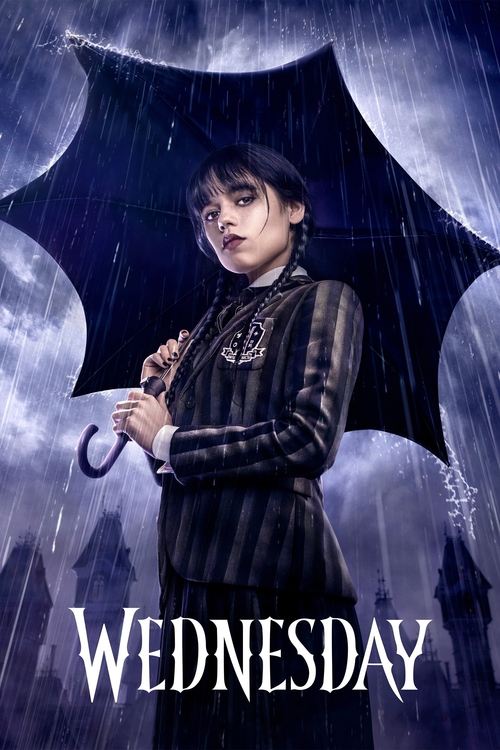Passato e Presente
Pilih Musim
Daftar Episode (Musim 1)
The Defeat of the Dardanelles
Episode dedicated to the Gallipoli campaign, that took place during World War I.
Nicolaj II, the Last Tsar
Episode dedicated to the life and death of Nicolaj II, the last Tsar of Russia: from his initial attempts at solving the needs of the people, passing through the tragic choice to join WWI, up to his arrest and execution, together with his family, by the Bolsheviks in 1917.
The Trains of the Sun: Italy's Internal Migration in the 1950s
Episode dedicated to the phenomenon of Italy's internal migration, from Southern Italy to the North that took place during 1950s and 1960s, recounting the reasons behind and the effects this phenomenon had on Italian society.
Duce and America
Episode dedicated to the relations between Fascist Italy and the United States: from the initial harmony between the American democracy and the dictatorial regime, passing through the 1936 Italo-Ethiopian War and the approach to Nazi Germany, until 1940 (the date on which Italy enters World War II alongside the Axis).
Charlemagne
Episode dedicated to Charlemagne, historical leader and first emperor of the Holy Roman Empire: from his rise to power to the relations with the Arab and Byzantine world, passing through the creation of what became the core of modern Europe.
Caporetto: Before the Battle
First of three episodes dedicated to the centenary of the Battle of Caporetto (1917): an analysis of how Italy and Austria-Hungary approach the clash, from the internal to the military situation on the field, passing through the reconstruction of the 1917 war events.
Battle Name: Lenin
Episode dedicated to Vladimir Ilic Uljanov, better known as Lenin: from his exile in Switzerland and his return home (which took place with the help of Germany), passing through the failure of the first revolutionary attempt in July 1917, until the success of the October Revolution and the first steps of what will become the Soviet Union.
Italian Prisoners of the Allies
Episode dedicated to the vicissitudes of Italian soldiers who were taken prisoner during World War II: the living conditions of prisoners before and after Italy's surrender, the relationship with the Badoglio Government and their difficult return home after the war.
Discord's Final: 1976 Davis Cup in Chile
Episode dedicated to the 1976 Davis Cup final, played in Santiago between Chile and Italy: from the tight debate on whether or not to boycott the final, in protest against the newborn Pinochet regime, to the decision to participate, marked by the Italian victory and by the "protest" of Panatta and Bertolucci's double.
Caporetto: the Battle
Second of the three episodes dedicated to the centenary of the Battle of Caporetto (1917): a detailed analysis of the clash, resulted in the clamorous defeat of the Italians and in their tragic fall back to the Piave river.
Tucci, Duce's Explorer
Episode dedicated to the figure of Giuseppe Tucci, a scholar of the East, a great connoisseur of languages and civilizations such as Indian, Tibetan or Nepalese, but also an indomitable explorer of regions that were still largely unexplored.
Anne Frank, a Denied Memory
Episode dedicated to the figure of Anne Frank, a young Dutch Jew who went down in history thanks to her diaries, in which she tells her life as a teenager before and during the Nazi occupation of the Netherlands.
Trotsky, the Impossible Revolution
Episode dedicated to Lev Davidovic Bronstein, better known as Trotsky: refined intellectual and theoretician of permanent revolution, father of the October Revolution, hated, fought, deported, exiled and then chased all over the world, until a hitman reaches him in Mexico.
Charles VIII in Italy
Episode dedicated to the Charles VIII's 1495 military campaign in Italy: from the conquest of the Kingdom of Naples to the coalition of the major and minor Italian states (helped by Ferdinand II of Aragon and Maximilian I of Habsburg), created for the purpose of defeating the French king.
Martin Luther, the Rebel
Episode dedicated to Martin Luther, "father" of the Protestant Reformation: from his initial studies in Germany to his growing opposition to the practice of indulgences and to the Vatican's practices of the time, culminating in the publication of the 95 theses.
Caporetto's Refugees
Last of the three episodes dedicated to the centenary of the Battle of Caporetto (1917): an analysis of the massive and disorganized exodus of the Italian population, after the German-Austro-Hungarian occupation of almost all Veneto, and the repercussions on the new war front on the Piave river.
Stalin, the Age of Terror
Episode dedicated to Iosif Vissarionovich Dzhugashvili, better known as Stalin, that went down to history as one of the bloodiest dictators of the 20th century: from his youth in the seminary, passing through his rise to power in the years following Lenin's death, his contribution in transforming the USSR into a military and industrial power, the non-aggression pact with Hitler, to the post-war years of terror and gulags.
The Fascist Woman
Episode dedicated to women under Fascism: a status poised between dictatorship's attempt to force them to stay at home and be prolific mothers (discouraging their employment as much as possible) and the regime's drive towards a new "self-consciousness" through Fascist associationism.
Lawrence of Arabia, Prince of the Desert
Episode dedicated to Thomas Edward Lawrence, better known as "Lawrence of Arabia": history and myth of the British colonel, secret agent and principal architect of the Arab revolt against Ottoman domination (for the benefit of the British), who died in a motorcycle accident in May 1935.
Memoirs of Deportation
Episode dedicated to the reconstruction of the deportations of Jews and other prisoners during World War II: the stages through which the memory in Italy of these events was formed, starting from the Nuremberg trial to the publication of the testimonies of the survivors, first among them Primo Levi's memoirs.
Dunkirk: "Operation Dynamo"
Episode dedicated to the so-called "Operation Dynamo", the gigantic evacuation operation of Anglo-French troops from Dunkirk beach in the early months of World War II.
Pitigrilli, Writer and Spy
Episode dedicated to Dino Segre, also known as "Pitigrilli": one of Turin's most read writers who, in 1930s, became a spy for OVRA (the Fascist regime's political police), although he himself often had problems with the regime, that considered him "immoral" and his novels "not very Italian".
The Assembly Line
Episode dedicated to the assembly line, the innovation in the industrial production by Frederick Taylor, at the base of the incredible productivity growth of nowadays "consumer society", but also of the workers' protests against the alienation and the ever-increasing use of machines.
Lyndon B. Johnson
Episode dedicated to Lyndon B. Johnson, 36th President of the United States: from his first political experiences, passing through the election as senator and the vice-presidency under Kennedy, until his unexpected appointment as president, his commitment to civil rights, his management of university protests and his involvement in the Vietnam War.
Nikita Khrushchev
Episode dedicated to Nikita Khrushchev, Secretary of the CPSU and successor of Stalin to the leadership of the USSR: from the denunciation of Stalinism, passing through the suppression of the Hungarian uprising of 1956, up to the Cuban missile crisis, after which it will be ousted and confined to a dacha until his death.
Giorgio La Pira, Politics and Utopia
Episode dedicated to Giorgio La Pira, politician of the Italian Republican Party and historic mayor of Florence: an important and original figure, who strove in the (somewhat utopian) attempt to contribute to overcoming historical conflicts through peaceful means.
Ernest Hemingway
Episode dedicated to Ernest Hemingway, one of the most important writers of the 20th century, who committed suicide at the age of 62. On the front of World War I, of the Spanish Civil War (on the side of the Republicans and against the Francoists) and of World War II, his adventurous life also filters through his very successful novels.
Elizabeth and Philip
Episode dedicated to Elizabeth II of the United Kingdom and her prince consort Philip of Edinburgh: from their marriage in 1947, for which Philip renounced the succession to the thrones of Greece and Denmark, to Elisabeth's ascent to the throne in 1952, on the background of the disintegration of the former British Empire and the new role of the United Kingdom after World War II.
The Inquisition and the Cathars' heresy
Episode dedicated to the Cathars and the Inquisition, a special institution created by the Catholic Church to repress and counter the heretical movements that, from 12th century on, spread throughout Europe.
Italian Military Internees: Voices from Captivity
Episode dedicated to the "Italian Military Internees", the Italian soldiers captured by the Germans after September 8, 1943: refusing to continue fighting alongside the Nazi-fascists, they were denied the status of prisoners of war; used in the Axis war industry, abused and unable to receive help from the Red Cross, after the end of the war they were "forgotten" until 1997, when their figure was eventually rehabilitated.
Gaddafi
Episode dedicated to Muammar al-Gaddafi: one of the most discussed and controversial Arab leaders in history, for 42 years in command of Libya, starting with the coup d'état of September 1, 1969 (carried out at just 27 years), and at the center of countless unworkable political designs and military conflicts.
Women During Italy's Economic Boom
Episode dedicated to the new role of women during Italy's "Economic Boom": the effect of economic well-being and mass consumerism on the behaviours and habits of women, but also of new means of communication (television, above all) and newborns beauty contests, which promise occasions of fame and social mobility.
Ippolito Nievo, Between Novels and Garibaldi
Episode dedicated to Ippolito Nievo, Italian writer and patriot.
Pope Luciani
Episode dedicated to Pope John Paul I, who ruled as a Pontiff for only 33 days, enough to enter the hearts of the faithful, above all for his very informal style and his being far from spotlight; paradoxically, however, his sudden death will attract worldwide attention.
September 1943: an Army in Disarray
Episode dedicated to the Italian WWII armistice on September 8, 1943: from the negotiations started after Allied landing in Sicily, through Operation Alaric (the Nazi occupation of the Italian peninsula) and the provisions on how to react to the probable German retaliation after the armistice, which however were never officially given, leaving the Italian commands on their own without orders.
The Suez Canal
Episode dedicated to the Suez Canal, the pharaonic work that connects the Mediterranean Sea to the Red Sea: from its construction in the 19th century until 1956, the year in which Egyptian president Nasser decided to nationalize it; this decision is followed by the so-called "Suez crisis", which marked the definitive decline of France and the United Kingdom as World powers and the escalation of the clash between Arab countries and Israel.
The Palazzo D'Accursio Massacre
Episode dedicated to one of the most tragic events of Italy's "red biennium" (1919-1920): the Fascist assault on Palazzo D'Accursio in Bologna on November 21, 1920, where Fascist gangs shot and bombed the crowd, killing 10 and wounding 58; the event marks the irreversible crisis of socialism in Bologna and paves the way for the so-called "black biennium (1921-1922).
The Holy Grail
Episode dedicated to the myth of the Holy Grail, a mythical object endowed with an extraordinary power, and even capable of bestowing immortality to those who possess it: first cited in a Chrétien de Troyes 12th-century poem, the myth had a great success throughout the Middle Ages, but returned more recently to the limelight only with Richard Wagner's Parsifal.
Kennedy vs Nixon
Episode dedicated to the 1960 US Presidential elections televised debates, contested between the Democratic Irish-American candidate John Fitzgerald Kennedy and the incumbent Republican Vice-president (and, to that point, likely to win) Richard Nixon: from the political differences to the novelty of the television debate, that Kennedy will be able to exploit to his full advantage.
Tina Anselmi, a Life For Democracy
Episode dedicated to Tina Anselmi, historical figure of Italy's Christian Democracy: from her early years as a trade unionist, through her efforts as a partisan during World War II and in her party after the war, to her appointment as Italy's first-ever female Minister in 1976.
Cavour's Legacy
Episode dedicated to Camillo Benso, Count of Cavour, and to the lesser-known aspects of his figure: from his work behind the scenes of the Italy's Risorgimento to his death by malaria (June 6, 1861), which caused a huge void in the Italian political scene; his project continued however in the following decade, with the conquest of Veneto and Rome.
Giotto and the Discovery of Reality
Episode dedicated to Giotto, one of the most famous and revolutionary artists in the history of art, even if his biography is often incomplete: from the fragments we know of his personal history to the most important testimonies of his work, such as the frescoes in the Basilica of Assisi and the Scrovegni Chapel in Padua.
Khomeini's Iran
Episode dedicated to the Ayatollah Ruhollah Khomeini and the 1979 Islamic Revolution: from his opposition to Shah Reza Pahlavi's regime to the success of his Revolution, up to the 1980 hostage crisis and the 1980s war between his country and Saddam Hussein's Iraq.
Tambroni and the Street Demonstrations
Episode dedicated to Ferdinando Tambroni and his troubled, short-lived Government, that lasted only four months in 1960.
Evita Perón
Episode dedicated to Maria Eva Ibarguren, better known as Evita Perón: illegitimate daughter of the Argentine landowner Juan Duarte, she will experience throughout her life indignation in front of diversity of treatment and injustice, becoming one of the most important figures of Argentine politics, together to her husband Juan Domingo Perón.
The Women of Italy's Constituent Assembly
Episode dedicated to the 21 women elected to Italy's 1946 Constituent Assembly, four of whom elected in the so-called "Commission of the 75", charged with writing the republican Constitution: formal equality between men and women is thus sanctioned, the first stage of a long journey towards de facto equality.
The Emigrants and Marcinelle
Episode dedicated to Italian emigration to Belgium: from the agreement of June 23, 1946 (with which Italy and Belgium agree on the transfer of 50,000 Italian miners in Belgium, in exchange for 2,500 tons of coal every 1,000 miners) to the disaster of Marcinelle (August 8, 1956) in which 262 people died.
James of England and the Gunpowder Plot
When Lenin Sang with Mussolini
Dino Grandi, the Man Who Defeated Mussolini
Tunisia: Roots of the Uprising
Garibaldi and The Thousand
Italian Constitution: the Togliatti Case
Italo Balbo, an Inconvenient Fascist
The Conquest of the West
Qin Shi Huang, First Emperor of China
The 1968 Belice Earthquake
Emperor Hadrian
The Night of the Long Knives
The Battle of El Alamein
Rosie and the American Women at War
Arduin, King of Italy
Paul VI and the Rebel Priests of 1968
1938: the Italian Racial Laws
Jews Escaping From Nazism
Eichmann, the Extermination Accountant
The Battle of Actium
Gandhi, the Great Soul
Stasi, GDR's Secret Eye
Alba de Céspedes, the Voice of Clorinda
The Montesi Affair, a Political Scandal
Wilson and the Treaty of Versailles
Edda Ciano, the Duce's Daughter
Churchill and His King
The Julian-Dalmatian Tragedy: From Massacres to Exodus
Piave River Was Murmuring
Diderot, Raynal and the Slave Trade
Nenni and Mussolini
Sadat, New Egypt's Rais
Giacomo Lercaro, the Deposed Cardinal
Masaniello and the Revolt of Naples
The Merlin Act
The London Blitz
Margaret Thatcher, the Iron Lady
The Ruse of the Trojan Horse
Saddam Hussein
The America of Jazz: From New Orleans to the World
1968: the Battle of Valle Giulia
D'Annunzio, the Aesthete of Politics
Silvio Pellico and His Imprisonment
Gino Bartali, the National Righteous
Cinecittà, Hollywood on the Tiber River
Carla Lonzi and Feminism
Anita Garibaldi, Heroine of the Italian Risorgimento
1527: the Sack of Rome
Edward and Wallis, a Forbidden Love
Pope Paul VI
Housing in Italy's 1960s
Aldo Moro: the Negotiation
The Five Days of Milan
The Balfour Declaration: the Origins of Israel
The Trial of Giordano Bruno
Lenin and the Defeat of Socialism in Italy
The Orthodox Church
The Holy Sepulchre
The Spring Festivals
1968 in the Eastern Bloc
Martin Luther King
The 1979 Iran Hostage Crisis
Orazio Antinori and Colonial Exploration
Luigi Giussani, Servant of God
Workers between 1968 and the "Hot Autumn"
The Attempted Murder of Togliatti
The 1948 Italian General Elections
Roberto Ruffilli, Killed by Red Brigades
Louis XIV, the Sun King
Radios of Free Italy
Pope Benedict XVI
The Red Scare
Southern Italy and the Italian Unitary State
The 1938 Football World Championship
The Scouts and the Resistance
The Chernobyl Catastrophe
The Battle of Stalingrad
Charles Albert, the Reformer Sovereign
1968 in Milan
1938: Hitler in Italy
France's May 68
Karl Marx: Revolutionary Thinking
The Fall of the Western Roman Empire
Prague Spring and Dubcek's Socialism
Killing of Aldo Moro: the Day After
Pearl Harbour, 1941: Attack to America
Law 180: the Basaglia Revolution
Ignatius of Loyola and the Jesuits
Giovanni Giolitti: the Statesman
The Church of John Paul II
Guglielmo Giannini, the Ordinary Man
Propaganda During the Great War
Nero, Emperor of Rome
194: the Law of Discord
The 1992 Mafia Bombings
1918: the Explosion of a Factory
1848 and the Roman Republic
Rekomendasi Serial Lainnya

Fleabag
⭐ 8.3
Game of Thrones
⭐ 8.5
Breaking Bad
⭐ 8.9
Arcane
⭐ 8.8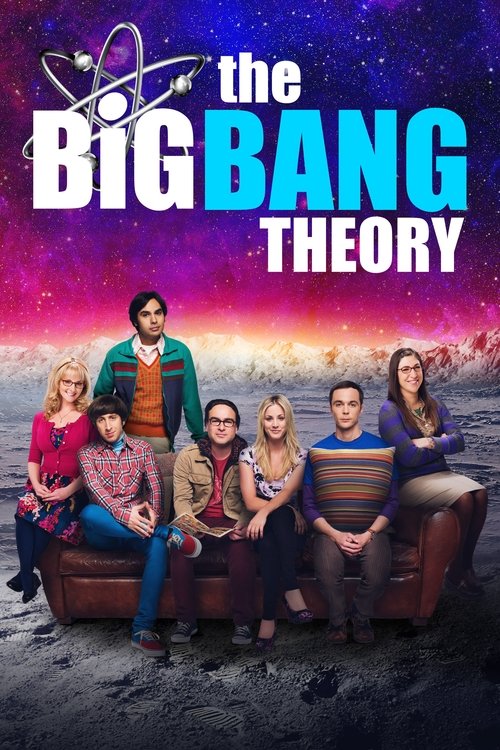
The Big Bang Theory
⭐ 7.9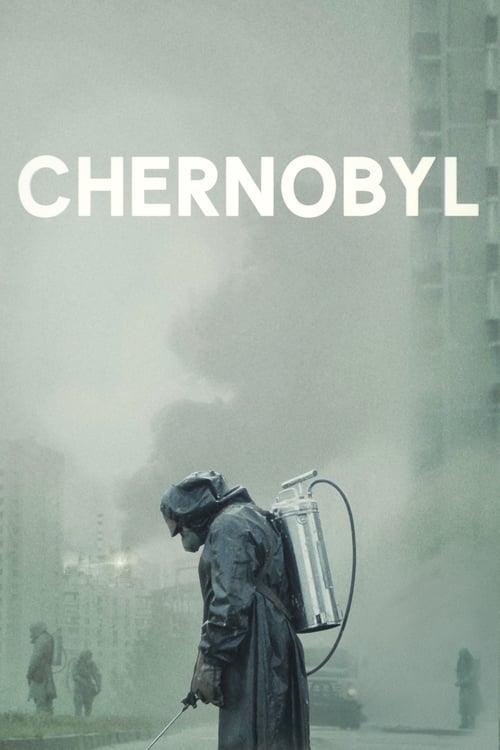
Chernobyl
⭐ 8.7
Bridgerton
⭐ 8.1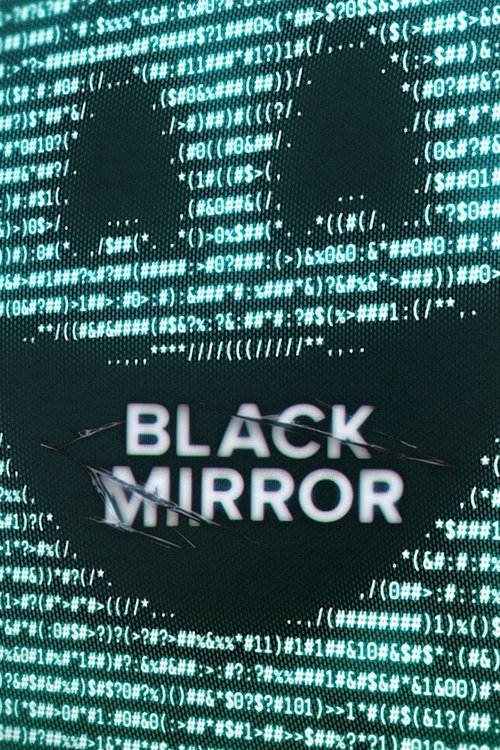
Black Mirror
⭐ 8.3
Star Trek: Picard
⭐ 7.3
The Walking Dead
⭐ 8.1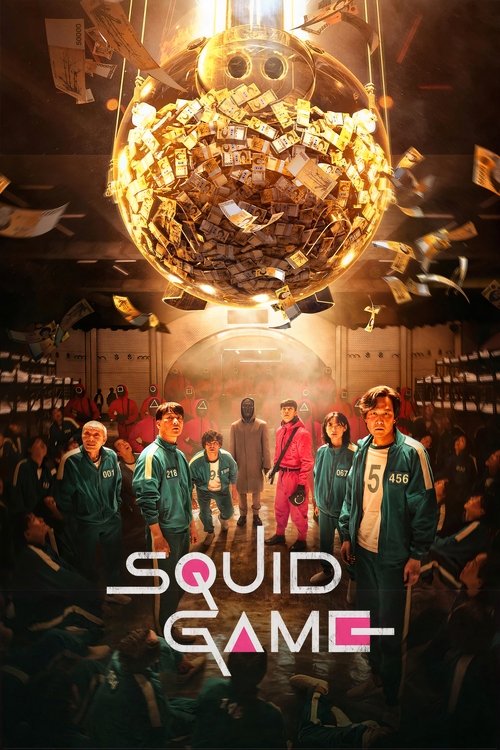
Squid Game
⭐ 7.9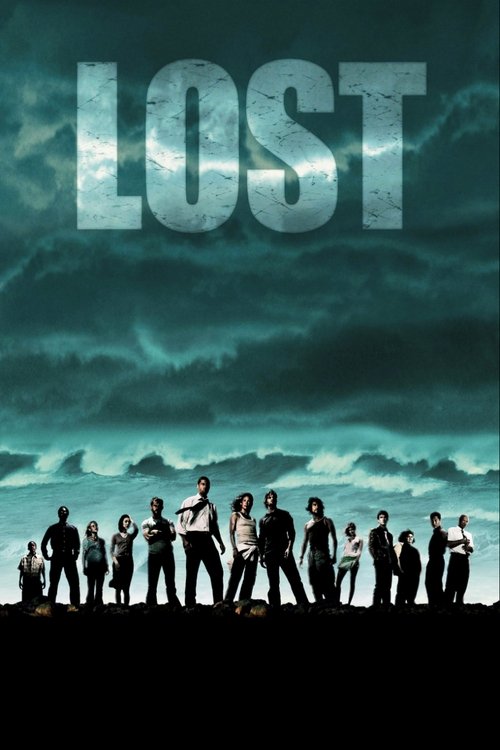
Lost
⭐ 7.9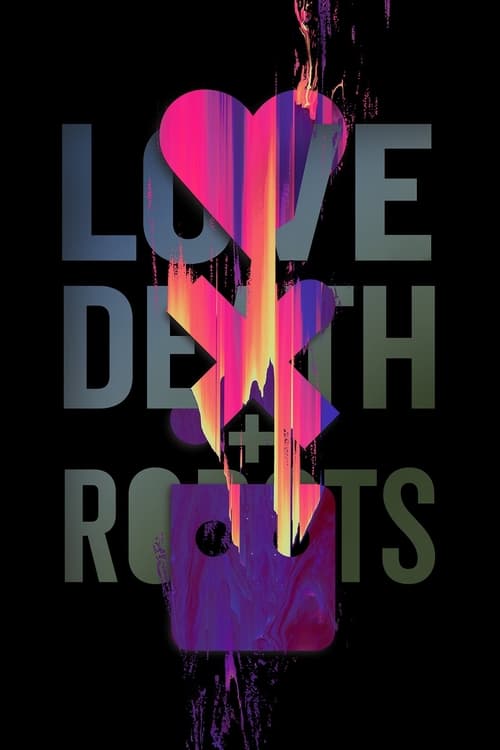
Love, Death & Robots
⭐ 8.2
Better Call Saul
⭐ 8.7
Stranger Things
⭐ 8.6
WandaVision
⭐ 8.2
Dragon Ball Z
⭐ 8.3
Band of Brothers
⭐ 8.6
Brooklyn Nine-Nine
⭐ 8.2